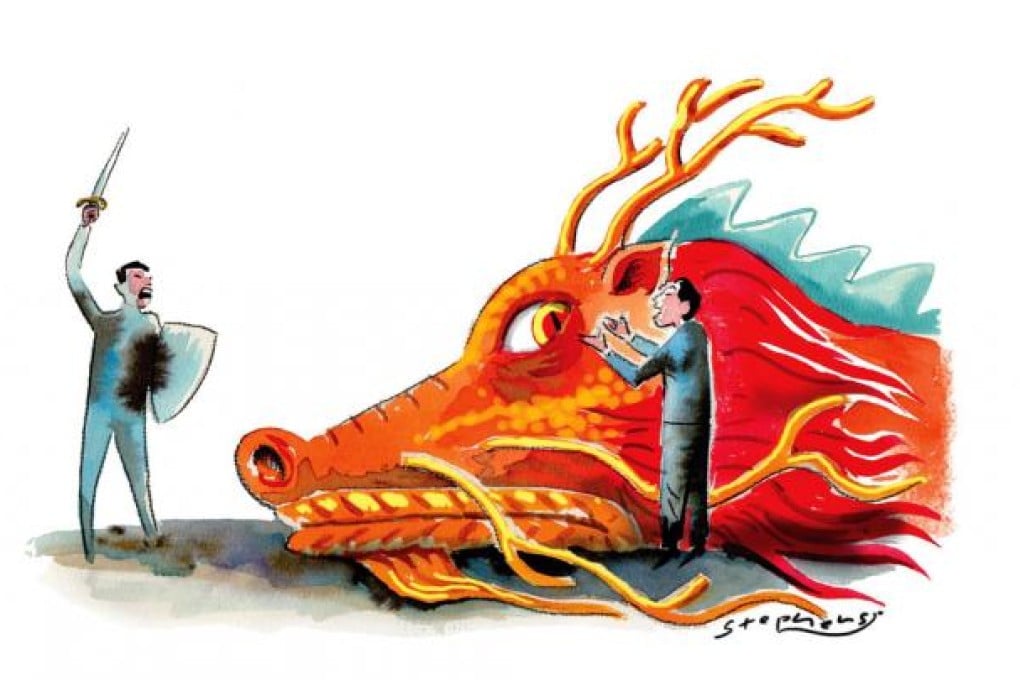China's reformers within
Andreas Fulda says a group of prominent Chinese who work within the system to advance democratic change have, remarkably, carved out a role denied their more liberal compatriots

Chinese author Mo Yan, winner of the Nobel Prize for literature, came under fire late last year for choosing not to condemn the principles of censorship, comparing it, perhaps flippantly, to inconvenient yet necessary airport security checks. Salman Rushdie took to Facebook to label Mo "a patsy of the regime" and criticise his refusal to sign a petition calling for the release of Nobel Peace Prize laureate Liu Xiaobo .
The episode highlighted the expectations among people outside China of how prominent Chinese should behave in their pursuit of changes to their political system. This narrow desire for black-and-white opposition politics risks overshadowing the efforts of a new generation of Chinese reformists who manoeuvre within official channels to push forward reform.
A man who typifies this generation is Yu Jianrong, a 50-year-old scholar at the Chinese Academy of Social Sciences. He was named in magazine's list of Top 100 Global Thinkers "for daring to be specific about how to change China". It followed his publication of a 10-year plan for China's social and political reform on the Chinese weibo.
He has been in the news again of late, launching a campaign for blanket and winter clothing donations for Beijing's homeless population, following reports that local security officials had begun confiscating the belongings of groups of people living on the streets despite sub-zero temperatures.
Yu, an establishment intellectual, is an unlikely poster boy for the Chinese democracy movement. He is a patriot first, a democrat second. His position on the East China Sea islands territorial dispute between China and Japan is emphatically nationalistic, much to the frustration of his liberal supporters within China, and in his 10-year plan he does not advocate civilian control of the Chinese military, as most other liberals in China do.
In contrast, outspoken libertarian activists like Liu Xiaobo and artist Ai Weiwei are clear-cut reformers, railing at government control from outside the system. Their cause offers a compelling narrative to the West. But the strong focus on activists outside the system comes at the expense of people like Yu, who are prepared to straddle both sides. Establishment intellectuals need to walk a fine line between their reformist aspirations and the existing political realities in China.
